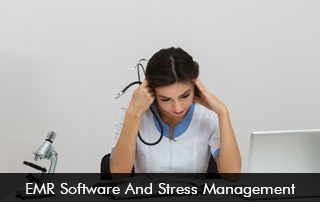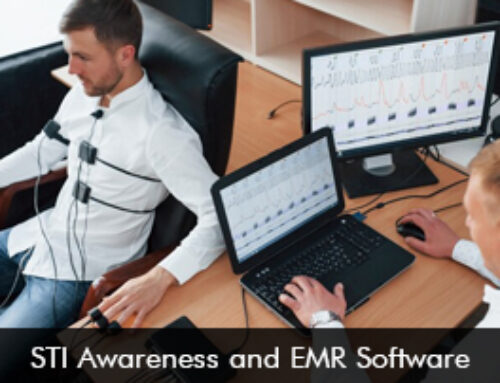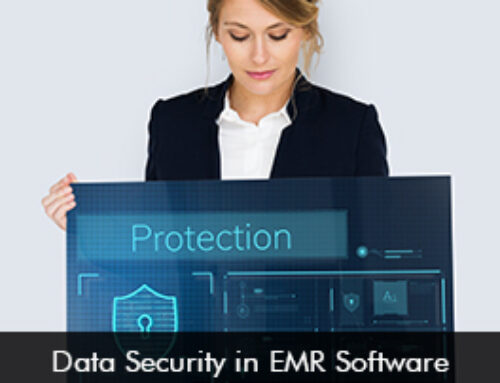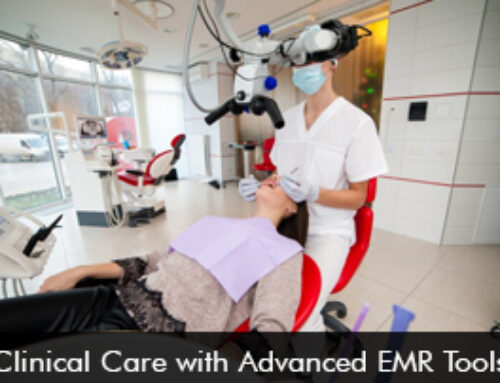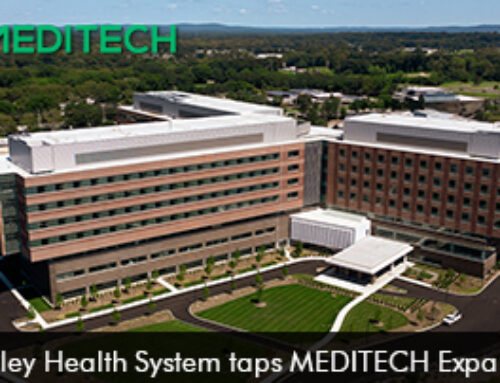The demands of patient care, administrative tasks, and keeping up with technology can often lead to burnout and overwhelm. However, with the right tools and strategies, it’s possible to mitigate stress and improve overall well-being. One such tool that can significantly ease the burden on healthcare professionals is EMR software.
Understanding EMR Software
EMR software is a digital platform used by healthcare providers to store, manage, and share patient medical records electronically. It streamlines various tasks, including patient documentation, appointment scheduling, billing, and prescription management. Unlike traditional paper-based records, EMR software offers several advantages such as:
Efficiency
With EMR software, healthcare professionals can access patient records instantly, saving time previously spent searching through paper files. This efficiency allows for more time to focus on patient care rather than administrative tasks.
Accuracy
Manual record-keeping can lead to errors due to illegible handwriting or misplaced documents. EMR software ensures accuracy by standardizing documentation and reducing the risk of human error.
Accessibility
Healthcare providers can securely access patient records from anywhere with an internet connection. This accessibility enables seamless collaboration among healthcare teams and facilitates continuity of care.
Compliance
EMR software helps healthcare facilities maintain compliance with regulatory requirements such as HIPAA (Health Insurance Portability and Accountability Act). It offers features like encryption and access controls to safeguard patient information.
The Link Between EMR Software and Stress Management
Now, let’s explore how EMR software can contribute to stress management for healthcare professionals:
EMR Software and Simplified Documentation
One of the most significant stressors for healthcare professionals is the overwhelming amount of paperwork associated with patient care. EMR software simplifies documentation by providing templates and standardized forms for various medical records. This streamlines the documentation process, allowing clinicians to focus more on patient interaction rather than paperwork.
Enhanced Organization
EMR software organizes patient records systematically, making it easier to retrieve and update information. Healthcare providers can quickly locate patient history, lab results, and treatment plans, reducing the time spent searching for relevant data. This organization minimizes stress associated with disorganized or misplaced records.
Improved Communication Through EMR Software
Effective communication is crucial in healthcare settings to ensure patient safety and quality of care. EMR software facilitates communication among healthcare teams by enabling secure messaging and real-time updates on patient status. Enhanced communication reduces the likelihood of misunderstandings or missed information, thereby alleviating the stress associated with coordination errors.
Time Savings
Time management is key to reducing stress for healthcare professionals. EMR software automates repetitive tasks such as appointment scheduling, prescription refills, and billing, freeing up valuable time for clinicians. This time savings allows healthcare providers to allocate more time to patient care or self-care activities, ultimately reducing stress levels.
Remote Access Through Mobile EMR Software
In today’s digital age, the ability to access information remotely is invaluable, especially for healthcare professionals with demanding schedules. EMR software offers remote access capabilities, allowing clinicians to review patient records or complete tasks outside of traditional healthcare settings. This flexibility promotes work-life balance and reduces stress associated with being tied to a specific location.
Practical Strategies for Stress Management
While EMR software can significantly alleviate stress for healthcare professionals, it’s essential to complement its benefits with practical stress management strategies. Here are some tips:
Self-Care
Prioritize self-care activities such as exercise, relaxation techniques, and hobbies to recharge and rejuvenate outside of work hours.
EMR Software and Time Management
Use time management techniques such as prioritization, delegation, and setting boundaries to maintain a healthy work-life balance.
Seek Support
Don’t hesitate to seek support from colleagues, mentors, or mental health professionals if you’re feeling overwhelmed or burnt out.
Continuous Learning
Stay updated on the latest advancements in healthcare technology and stress management techniques through training programs, workshops, or online resources.
Mindfulness
Practice mindfulness techniques such as deep breathing, meditation, or yoga to cultivate resilience and reduce stress in challenging situations.


